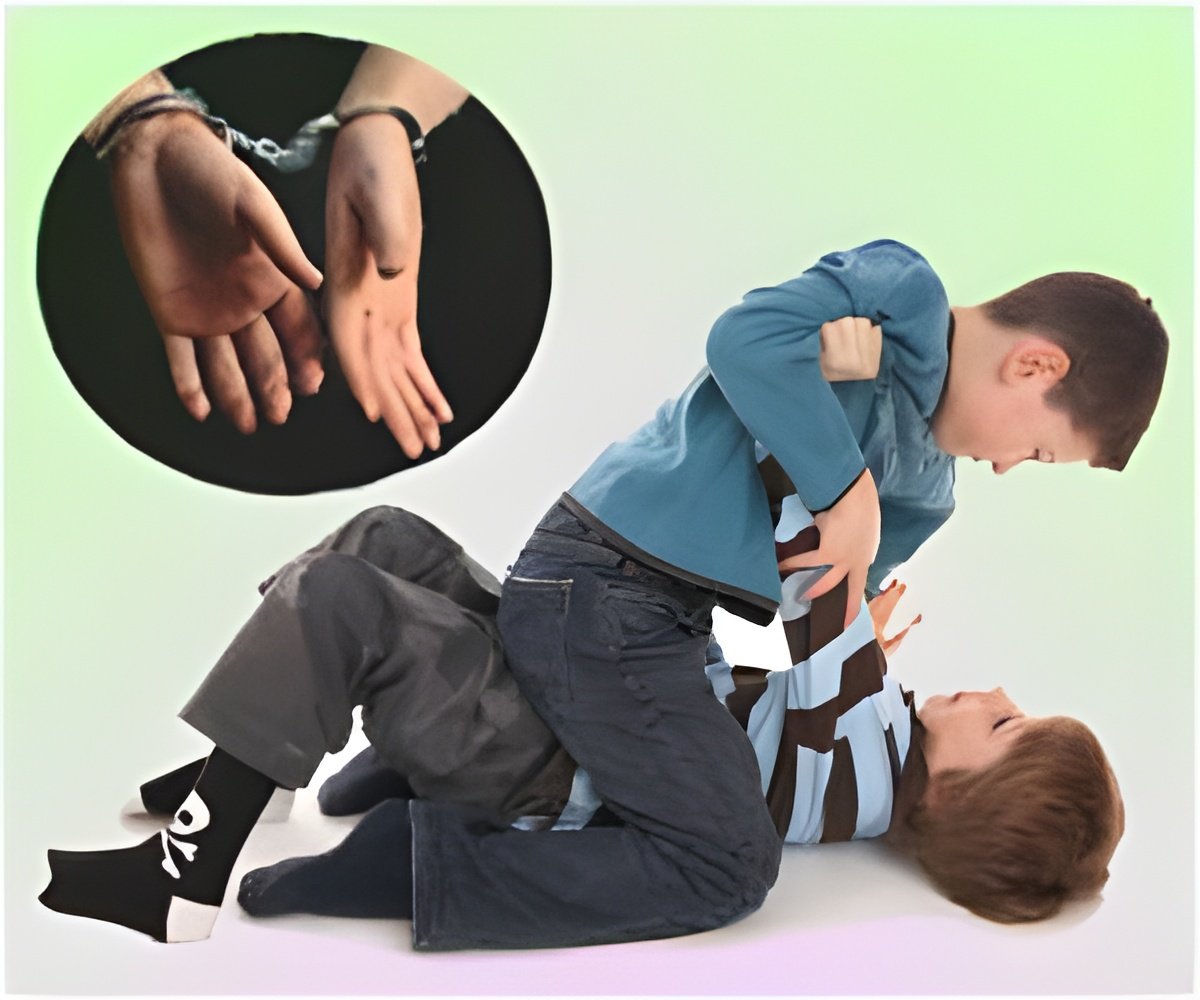Boys are more likely to respond to continuous neglect than girls, which in turn make them more aggressive and delinquent in adolescence.

Failure to provide, which includes not meeting a child’s basic needs for food, shelter and clothing, was the key aspect of neglect that linked to later aggression and delinquency.
The study also found that lack of adequate supervision did not link to the same outcomes, even after accounting for the contributions of other forms of maltreatment.
"When you have a neglected child whose basic needs are not being met, they are not getting the socialization that enables them to grow to be a happy adolescent and adult," said one of the researchers Patricia Logan-Greene from University at Buffalo in New York.
Failing to provide for children may result in poor hygiene or a tendency toward illness, making some of them unappealing to their peers, Logan-Greene said.
"These children are often rejected and lack the kind of social stimulation that would lead them to have positive, strong, social ties," she pointed out.
Advertisement
For this study, the researchers considered neglect in terms of a continuum and examined effects of neglect across development using LONGSCAN, a comprehensive resource of maltreatment data, tracking not only neglect, but physical abuse, sexual abuse, emotional abuse and exposure to violence.
Advertisement
The study is forthcoming in the journal Child Abuse & Neglect.
Source-Medindia









